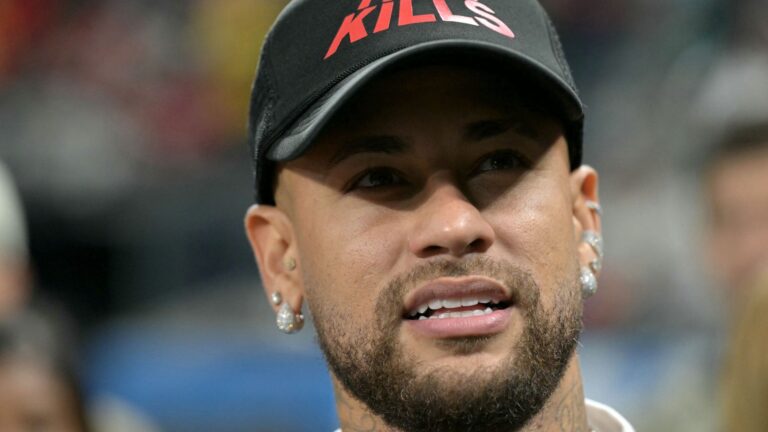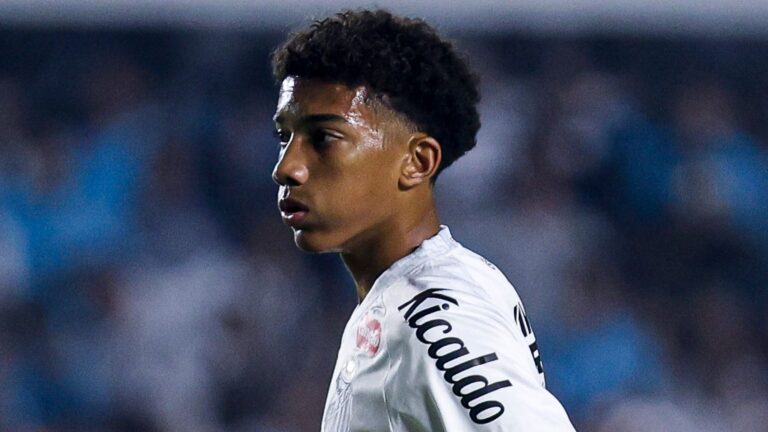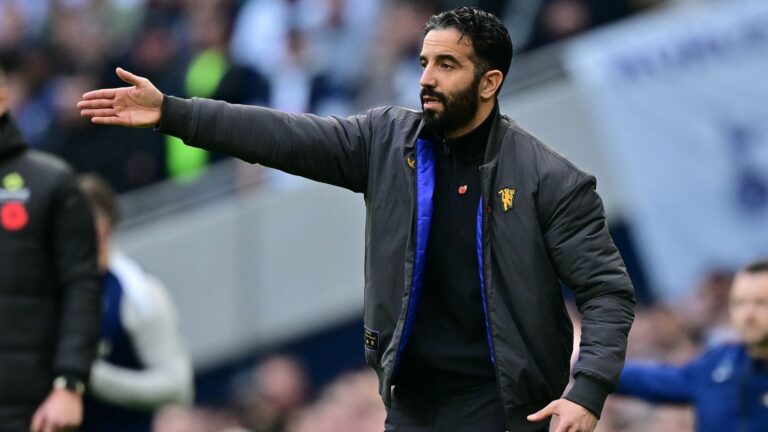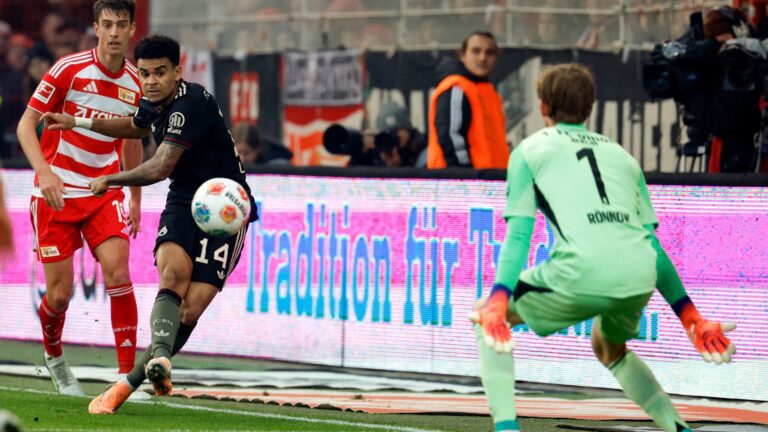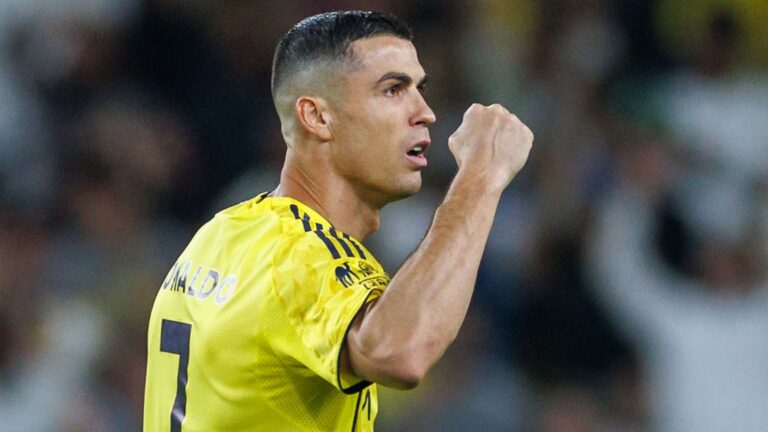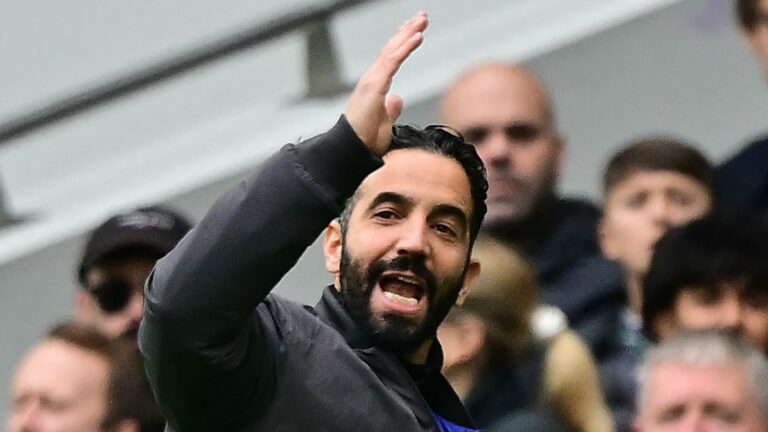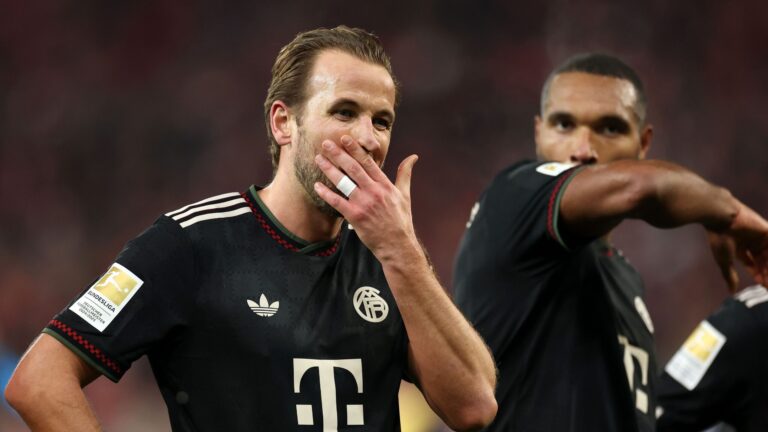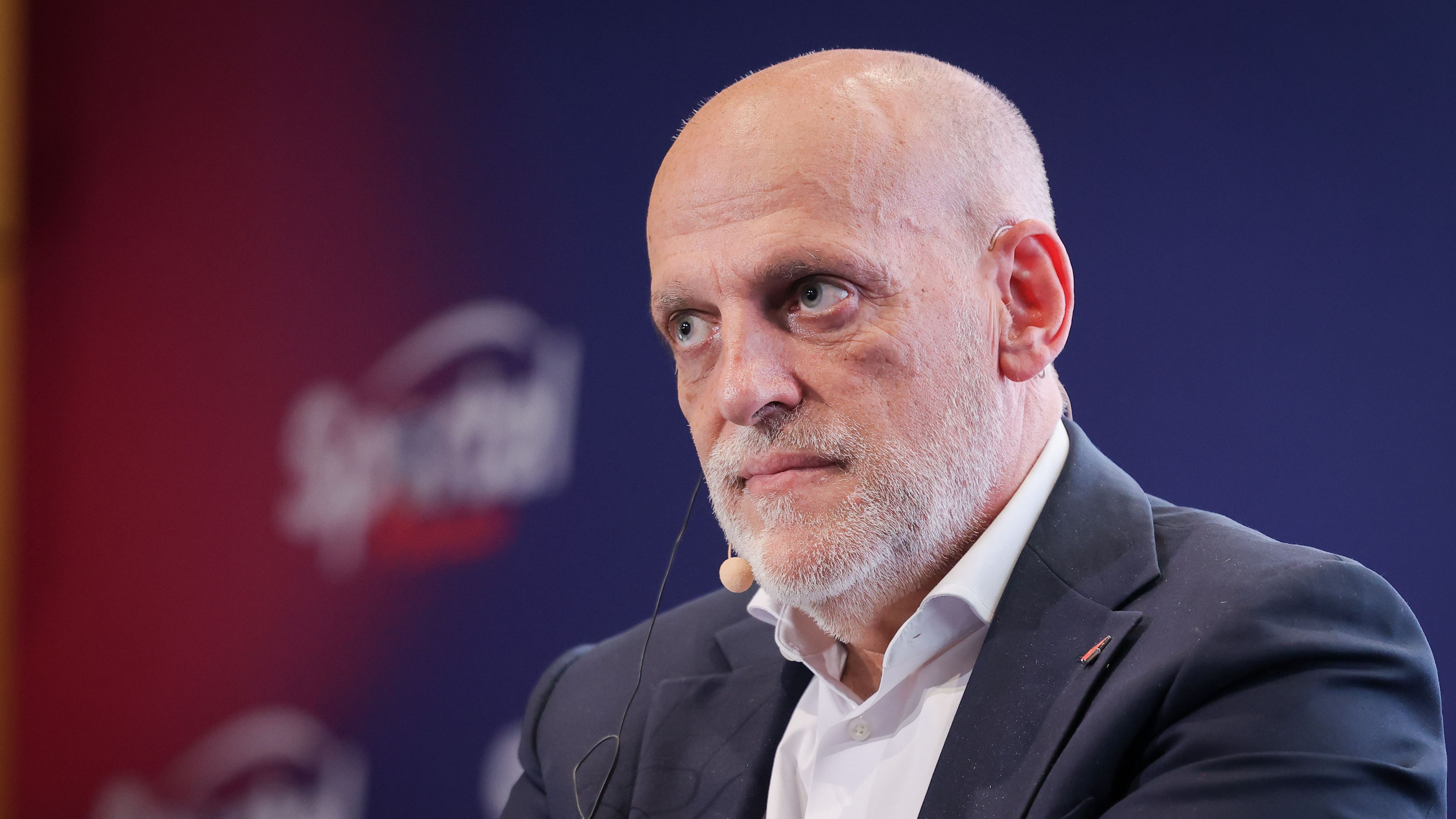
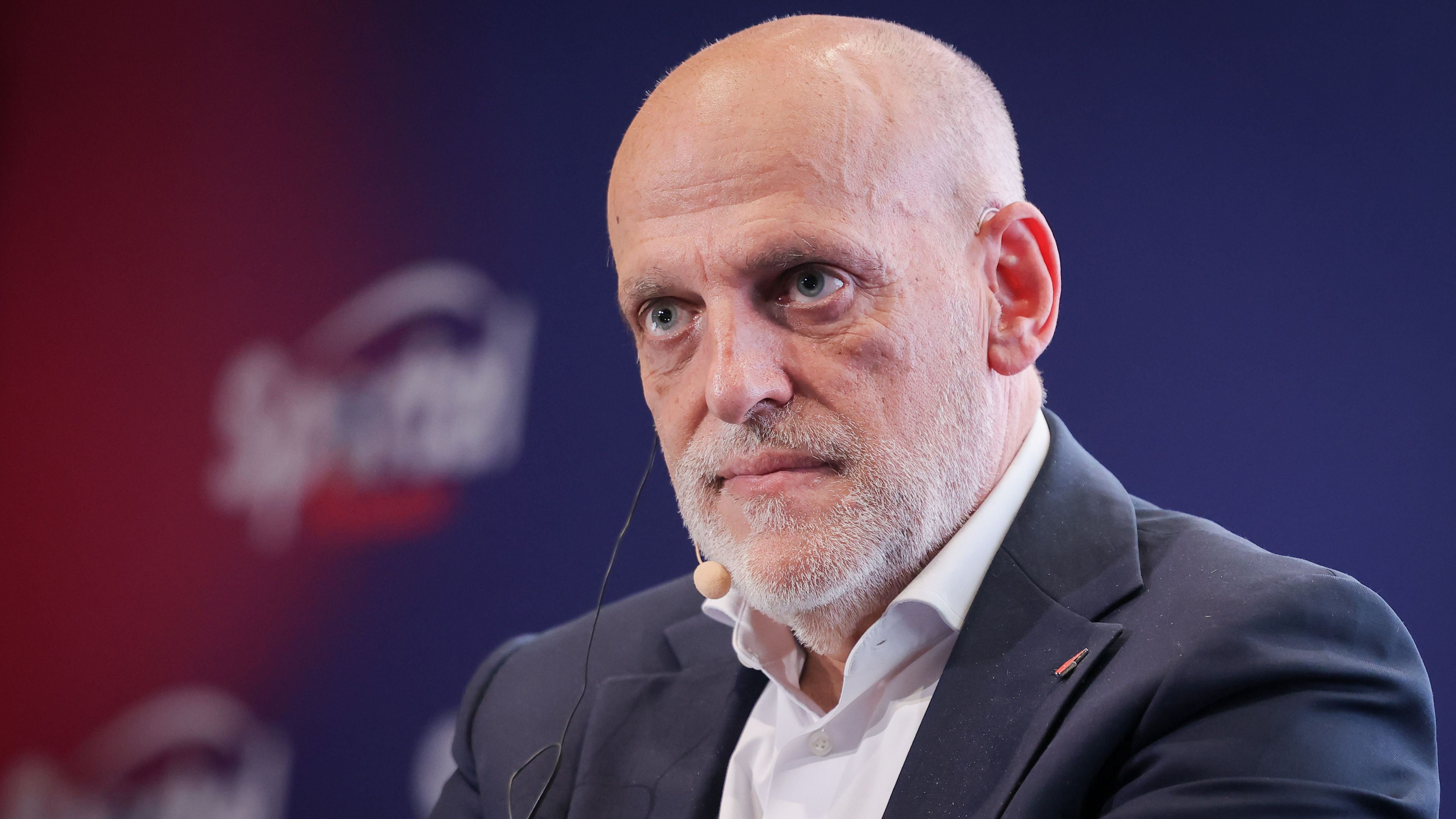

Clash in the Arena: Legal Fight Brews Between La Liga and Players’ Union Over Miami Game Uproar
In the world of football, tensions are rising as La Liga prepares to file a lawsuit against the players’ union, stemming from heated discussions and the uproar surrounding the scrapped match planned for Miami. This escalating legal battle focuses on the organized demonstrations by athletes that led to the abandonment of the high-profile Villarreal vs. Barcelona fixture, marking a pivotal moment in league history.
Origins of the Dispute: Protests and League Accusations
Following a strained encounter between league officials and union representatives, reports indicate that La Liga is moving forward with legal measures against the AFE. At the heart of this conflict lies the synchronized actions by players across top-division games, which ultimately forced the cancellation of the disputed overseas event.
League President’s View on Player Actions
La Liga’s leader, Javier Tebas, opted not to address the press directly but allegedly conveyed to AFE head David Aganzo that the athletes’ field-based demonstrations qualify as an unlawful work stoppage. Participants in recent matches paused briefly at the outset, yet Aganzo strongly disputes this framing, describing the move as a mere symbolic act aimed at exposing the league’s opacity.
Union’s Defense and Path to Resolution
Aganzo’s Response Post-Meeting
After the talks concluded, Aganzo publicly acknowledged the league’s firm position and their plan to pursue judicial recourse, even though the Miami fixture has been officially called off. He clarified, “We touched on his claim that our action constituted a strike, but it was purely a symbolic expression unrelated to any labor halt,” adding that resolution would hinge on a court’s judgment.
Calls for Greater Transparency in League Decisions
The union chief highlighted their core grievance: the league’s oversight in not involving players prior to committing to such a groundbreaking initiative, which aimed to host La Liga’s inaugural game abroad. Aganzo remarked, “Discussions like this ought to have occurred well in advance, not in the aftermath of cancellation,” underscoring the need for open dialogue and full disclosure to successfully execute major endeavors.
Protecting Athletes’ Interests
In defending his constituency, Aganzo noted that rational judgment ultimately won out and emphasized the union’s duty to safeguard players’ entitlements. “My focus is on the athletes and their workplace protections… We’re here to uphold those rights,” he affirmed.
Fractures Among Teams: Villarreal’s Outcry
Criticism Directed at Rival Clubs
The voided match has deepened divisions within the football community, with Villarreal’s executive, Fernando Roig Negueroles, sharply criticizing Real Madrid for contributing to the initiative’s downfall. As the intended hosts who backed the plan, Villarreal is deeply frustrated by the results.
Roig Negueroles’ Direct Accusations
In an interview with Radio Marca, Roig Negueroles was blunt, targeting the Madrid-based team as the key instigator of the backlash and subsequent abandonment. He stated, “La Liga might err at times, but Real Madrid appears to oppose all efforts,” referencing their waning clout in Europe due to unconvincing narratives, while noting their influence in Spain persists through media coverage.
Questions of Consistency in Opposition
From the beginning, Real Madrid voiced strong objections, submitting official objections and contending that an international league game would undermine fairness. Roig Negueroles voiced surprise at their blanket resistance, saying, “I share their views on some issues, yet they erode their credibility by challenging every proposal, including past approvals they once supported.”
Immediate Repercussions and Club Reactions
Timing of the Announcement and Emotional Impact
Villarreal’s discontent intensified due to the league’s timing in announcing the cancellation, which coincided with the halftime of their European clash with Manchester City. The team’s coach, Marcelino Garcia Toral, voiced his disappointment openly during media sessions afterward.
Club’s Official Statement and Ongoing Frustrations
Having committed resources to the project and arranged refunds for fans, Villarreal issued a scathing critique of the league’s approach. Roig Negueroles was observed reacting in real-time in the stadium, an event that sources described as indelibly etched in the club’s memory.
Future Outlook: Matches and Legal Ramifications
Revised Fixture Plans
The game will now proceed at Villarreal’s home ground as initially intended, but the echoes of this confrontation are far from over.
Escalating Tensions and Calls for Unity
With La Liga gearing up for litigation against the AFE, relations between the organization and its athletes are set to worsen. Aganzo recognized the differences but advocated for collaboration, stating, “They represent management interests, and we represent the workers; by working together, we can strengthen the sport’s framework for mutual growth.”
Broader Implications for La Liga and the Union
For Javier Tebas, this cancellation disrupts his vision for expanding La Liga’s global reach. Conversely, for the AFE, it’s a hard-won achievement in amplifying players’ concerns, even as they prepare to contest it legally.
Background of the Canceled Miami Match
In the world of football, La Liga has always been at the forefront of innovation and global expansion. However, one of its most ambitious plans-the attempt to host a regular season match in Miami-sparked widespread controversy. This initiative aimed to take Spanish football to new audiences in the United States, but it quickly unraveled due to regulatory hurdles and strong opposition.
What Was the Plan?
La Liga’s proposal involved playing a La Liga match, such as one between FC Barcelona and Girona, outside of Spain for the first time in its history. The idea was to boost La Liga’s international appeal, attract new sponsors, and tap into the growing US market for football. Organizers envisioned a high-profile event that could rival major American sports leagues, complete with celebrity appearances and media buzz.
- Key objectives: Increase global viewership, generate additional revenue through broadcasting deals, and promote Spanish football brands in the Americas.
- Proposed location: Hard Rock Stadium in Miami, a venue already familiar with major sporting events like the Super Bowl.
- Timeline: The match was slated for early 2019, with La Liga working closely with promoters to handle logistics and fan engagement.
Reasons for Cancellation
The plan faced immediate backlash from various stakeholders, including FIFA, UEFA, and domestic unions. FIFA regulations strictly prohibit official league matches from being played outside their home territory without approval, which La Liga failed to secure. Players’ unions argued that such a move prioritized commercialization over the integrity of the sport and players’ rights.
- Regulatory roadblocks: FIFA and UEFA deemed the match a violation of their rules, leading to potential sanctions against involved clubs.
- Player safety and fairness concerns: Critics highlighted issues like travel fatigue, time zone differences, and the impact on competitive balance.
- Public opposition: Fans and unions protested, fearing it would set a precedent for more matches abroad, diluting the cultural essence of La Liga.
Alleged Illegal Protests by Players’ Union
The players’ union, primarily the Association of Spanish Footballers (AFE), played a pivotal role in mobilizing against the Miami match. Their actions were labeled as illegal protests by La Liga, escalating tensions and leading to formal complaints.
What Constitutes the Protests?
The union’s protests centered on claims that the match breached players’ contracts, labor laws, and international football standards. AFE organized strikes, public statements, and lobbying efforts to pressure clubs and authorities. La Liga accused these moves of being unlawful, citing disruptions to league operations and potential financial losses.
- Forms of protest: Included organized player boycotts, media campaigns, and legal petitions to block the event.
- Underlying grievances: Union leaders argued that moving a match abroad ignored player welfare, such as increased injury risks from long-haul travel and inadequate rest periods.
Key Incidents and Allegations
Several incidents highlighted the intensity of the conflict. For instance, union representatives reportedly coordinated with international bodies to file complaints, which La Liga claimed interfered with contractual obligations.
- H4: Notable events: In late 2018, AFE held demonstrations outside La Liga headquarters, drawing hundreds of supporters and gaining viral attention on social media platforms.
- H4: Legal allegations: La Liga alleged that the protests involved unauthorized strikes, which violated Spanish labor codes and disrupted training schedules for affected teams.
La Liga’s Legal Action Against the Players’ Union
In response to the protests, La Liga initiated legal proceedings, accusing the union of orchestrating illegal activities that harmed the league’s reputation and finances. This move underscores the ongoing tensions between governing bodies and players’ representatives in professional sports.
Details of the Legal Proceedings
La Liga filed a lawsuit in Spanish courts, seeking damages and injunctions against further union actions. The core argument was that the protests were not protected under freedom of expression or labor rights, as they allegedly crossed into economic sabotage. Keywords like “La Liga legal proceedings” and “illegal protests related to canceled Miami match” have been central in court documents.
- Court filings: La Liga claimed losses in sponsorship deals and broadcasting rights, estimating figures in the millions of euros.
- Defendants involved: Primarily the AFE, with potential involvement from individual players who publicly supported the cause.
- H4: Key legal arguments: La Liga argued that the union’s actions violated anti-trust laws and contractual agreements, while the union countered with defenses based on player rights and FIFA statutes.
Potential Outcomes and Implications
The legal battle could reshape how La Liga handles future international ventures. If La Liga wins, it might deter similar protests, allowing for more global events. Conversely, a union victory could strengthen protections for players in decisions affecting their careers.
- H4: Short-term effects: Possible fines for the union and stricter guidelines for protests within Spanish football.
- H4: Long-term impact: This case might influence global sports governance, prompting reforms in how leagues like La Liga approach expansion while respecting players’ unions.
Impact on Spanish Football and Beyond
The fallout from this dispute has rippled through Spanish football, affecting club operations, fan engagement, and even international relations. As La Liga continues to pursue growth, this incident serves as a cautionary tale about balancing ambition with stakeholder interests.
Effects on Players and Clubs
Players’ unions have gained more visibility, empowering athletes to voice concerns over commercialization. Clubs like Barcelona and Real Madrid, which have large global followings, must now navigate these tensions carefully.
- Player welfare focus: Increased emphasis on rest and recovery protocols in La Liga matches.
- Club strategies: Teams are exploring alternative international friendlies as safer options for global outreach.
Broader Industry Shifts
This event has sparked discussions on sustainable growth in football, with keywords like “La Liga expansion” and “protests in Spanish football” trending in sports analyses.
- Regulatory changes: Potential updates from FIFA to clarify rules on hosting matches abroad.
- Fan perspectives: Many supporters appreciate the union’s stand, viewing it as a defense of tradition in an era of rapid globalization.
This ongoing saga highlights the delicate balance between innovation in La Liga and the rights of those who make the game possible, ensuring that legal proceedings serve as a catalyst for positive change in the industry.


